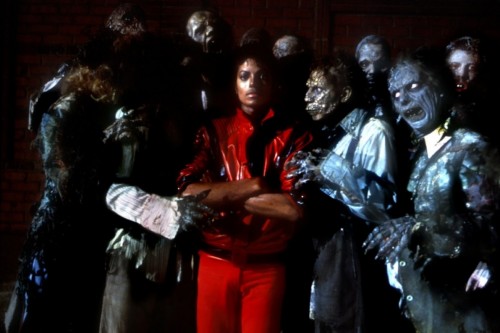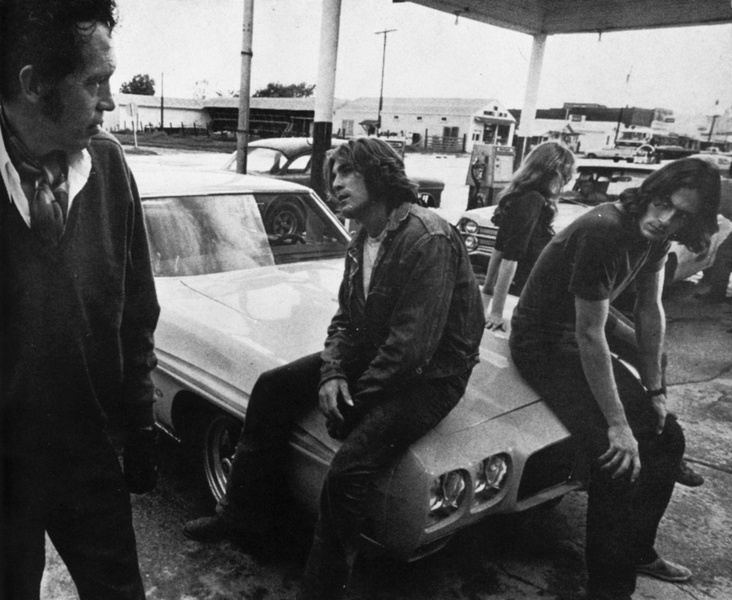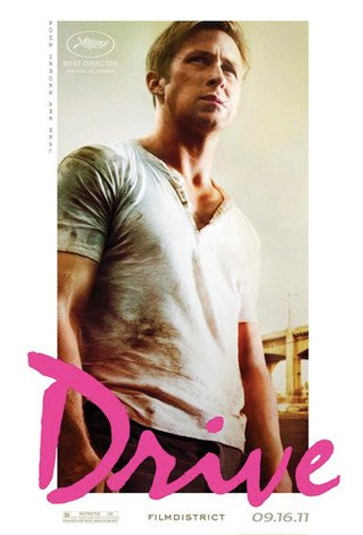Signs

Cornel West got hipstamaticed recently carrying a funny sign. He, among his compatriots, want to occupy wall street. I walked down wall street once, remember seeing a bronze bull with huge testicles. If males had two penises and one ball, everyone would want to suck the ball. This is called market economy theory. Hipstamatic makes photos look older than when they were taken, the inverse way old sci-fi movies tried to make everything look new. Though they were filmed in black and white. Somebody with borderline personality disorder is said to see the world in black and white, as in impulsive and erratic abstractions of “good” and “bad,” implying that well rounded people see things in grey, like an old dog. Movements with hashtags feel like phone numbers, like if I called #occupywallstreet I’d get put on hold with Rage Against the Machine playing. A cutie like Miranda July shouldn’t talk about holes and fingers without my thinking about her MFA. (I liked her “))<>((” thing more than Salinger’s parenthesis bouquet “(((((((((()))))))))).”) I like corporations because they take care of things. Sure it’s dishonest, but so is love. They’re like bad parents who don’t care enough but at least there’s food on the table and running water. If it wasn’t for Comcast, I’d be without internet and tv and I would have to binge on Indian food, and two hours later Pepto-Bismol would have themselves a “return customer.” I’d have no choice but to pick up War and Peace and use it for a pillow. In 1965, Bob Dylan was supposedly “[…] on the pavement, thinking about the government,” which is called loitering. Robert Zimmerman found himself a more gentile name on behalf of America; sorta sad, jew know what I’m sayin? Most revolution logos include a fist, a family of fingers inside a cave. I would rather they just flip me off.
The Literature Party site is up for the 2012 AWP blowout. Check it out to see who’s reading and sponsoring and whatever and where.
Literary Magazine Club Never Dies
I’m reviving LMC and the first magazine we’ll be discussing is Beecher’s, the graduate student run literary magazine from the University of Kansas. We’ll feature a new magazine every two months and hopefully that lighter schedule will allow more readers to participate.
The debut issue of Beecher’s we’ll be reading features Alec Niedenthal, Rebecca Wadlinger, Joshua Cohen, Rhoads Stevens, John Dermot Woods, Phil Estes, Creed J. Shepard, Lincoln Michel, Yelena Akhtiorskaya, John Coletti, Colin Winnette, Dana Ward & Stephanie Young, James Yeh, Alexis Orgera, Rozalia Jovanovich, Ricky Garni, and Justin Runge.
The Anxieties of Fatherhood
by James Warner
Numina Press, 2011
200 pages / $14 Buy from Amazon
My father tells this story of when I was a few weeks old. His mother-in-law, visiting one afternoon, happened to observe his baby-changing skills. In the Soviet Union in the late seventies, changing a diaper was as much a matter of necessity as an art form, the most skillful parents able to wrap a baby in such a way that a lace triangle sewn to one corner of the blanket would always fall against the baby’s tender cheek. My father spread some flannelette blankets over his writing desk. The baby—me—was unwrapped, wiped, powdered, dressed in a clean shirt, several layers of cheesecloth serving as a diaper, and wrapped into several sheets and blankets. My grandmother was impressed. Pleased and honored by her praise, validated in his success as a parent, my proud father lifted me off the desk and up high into the air. My grandmother shrieked in horror. In his moment of glory, my father miscalculated the size of the space he had to work with and hit me, head first, against a bookshelf.
October 3rd, 2011 / 12:00 pm
HTMLGIANT Meetup: “Two-Lane Blacktop” (Chicago)
This coming weekend (October 8th & 9th), Chicago’s Music Box Theatre is screening Monte Hellman and Rudy Wurlitzer‘s 1971 masterpiece Two-Lane Blacktop. Long overlooked, Two-Lane has for the past five years or so been enjoying a critical renaissance, and is increasingly regarded as one of the greatest films of the ’70s. (Click here to read some of my own thoughts on it.) And right now is an especially opportune time to see it, what with its grandchild Drive currently killing things in theaters.
There are two screenings, one Saturday, one Sunday, each at 11:30 AM. I’ll be attending the Saturday 11:30 AM show. Anyone care to join me? The movie is 102 minutes long and I was thinking we could grab a coffee afterward, before peeling off onto our nation’s highways.
(Yes, Two-Lane Blacktop really does star James Taylor and Dennis Wilson—in their only film roles! No, they don’t sing, nor is any of their music used in the movie. Yes, they’re both incredible—though it’s Oates who really steals the show.)
Sunday Service: Stephanie Ford Poem
Regional Transportation District
On the bus I saw the scientists. They were re-enchanting
the commute. Atom after atom exploded for them;
every instant they looked at—a kiss, a tattoo—
bloomed, and I learned to hate my kaleidoscope
for making such cold work of beauty. Things change!
At the back of the bus, professor-poets schmoozed Western buddhists
and their backstage passes dazzled us all.
A child, I wanted the buddhists’ marigold minds
and t-shirts, but the scientists wore mild beards of wonderment
and every rider turned a blind eye
to the small-time pushers, the new money planting our medians,
the government building’s blacked-out windows,
and the small way my friend with the yellow braids
vanished. Every loss is a chrysalis, said the oldest poet
through his four-part beard, a living mandala on the 204.
Beard like a river, a tantrum, a tendrilled florescence,
and I pulled the bell-string, exercised my small power. In memoriam
I fixed a dead-grass soup, a weedy tea—scent of paste,
of making. Now the driver wears high-end headphones
and I see the signs for peace and anarchy
switchbladed into safety glass, the scientists
taking pills in precise measurements, pale tongues of gum
stabbed by poets’ pencil tips. The buddhists gone bald
and gossiping in the back, everyone reciting
an abracadabra: Prayer wheels. Power plants. Bluebells. Bus tokens.
Stephanie Ford is from Boulder, Colorado, and now lives in Los Angeles. Her poems have appeared most recently in Tin House, Gulf Coast, Hayden’s Ferry Review, and elsewhere.
Play the Twin Peaks 8-bit Video Game
If you guys like Twin Peaks, like I do, then you’ll probably have fun playing this retro-throwback game.
You walk around as Agent Dale Cooper through the Black Lodge and there’s 8-bit music and all your favorite characters and I guess if you reach 5000 points before you die there’s some sort of easter egg.
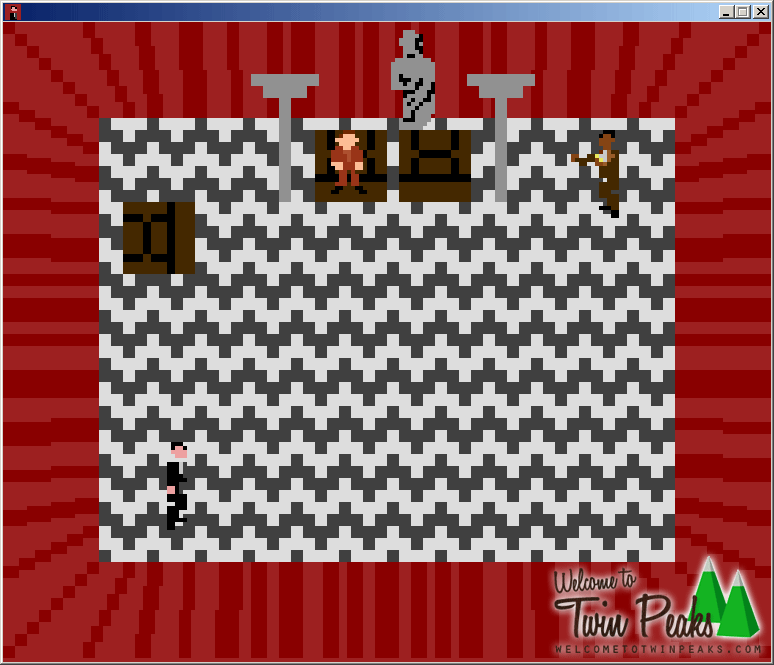
Anyway, there’s something for your lonely, pathetic Sunday. Other options include slathering yourself in butter and running naked through Times Square or pretending to watch football while you get drunk on your mom’s couch.
DRIVE
You’ve probably heard by now that Drive is very, very good. That’s because Drive is very, very good. Indeed, it’s about as good as a Hollywood film can be these days—it even bears comparison with the great B-movies of the late ’70s / early ’80s, which supposedly went extinct when Hollywood transformed itself into a industry of nothing but A-movies. (Box Office Mojo lists Drive’s production budget as $15 million, which is half as much as Woody Allen’s most recent film.)
After the jump is a spoiler-free list of ten things that I loved about the film.
This Is the Only Thing I Feel Like Posting About Literature Right Now

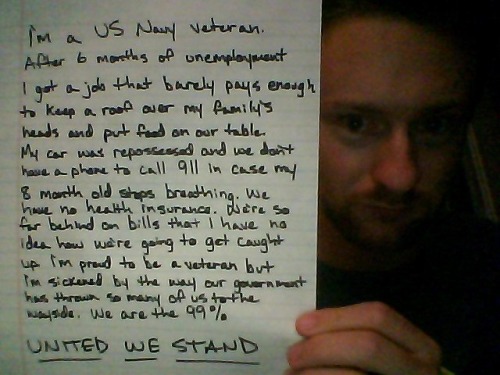 Your Facebook friends have probably already showed you the We Are the 99 Percent Tumblr, but here it is again. It’s PostFrankness instead of PostSecret. Camwhore angles repurposed for a who’s-there roll call in the deep effed.
Your Facebook friends have probably already showed you the We Are the 99 Percent Tumblr, but here it is again. It’s PostFrankness instead of PostSecret. Camwhore angles repurposed for a who’s-there roll call in the deep effed.

